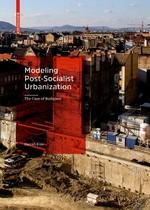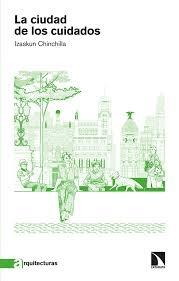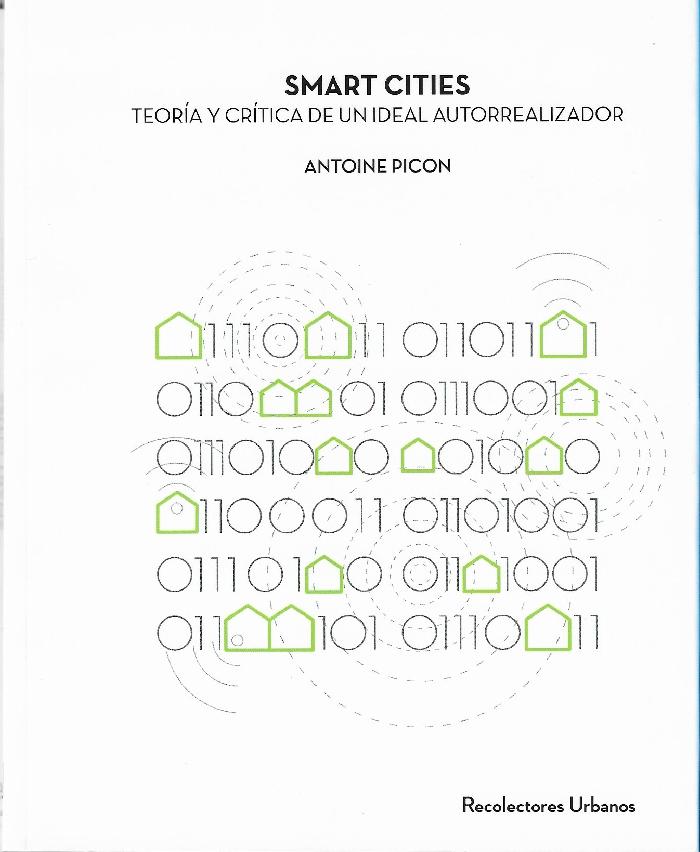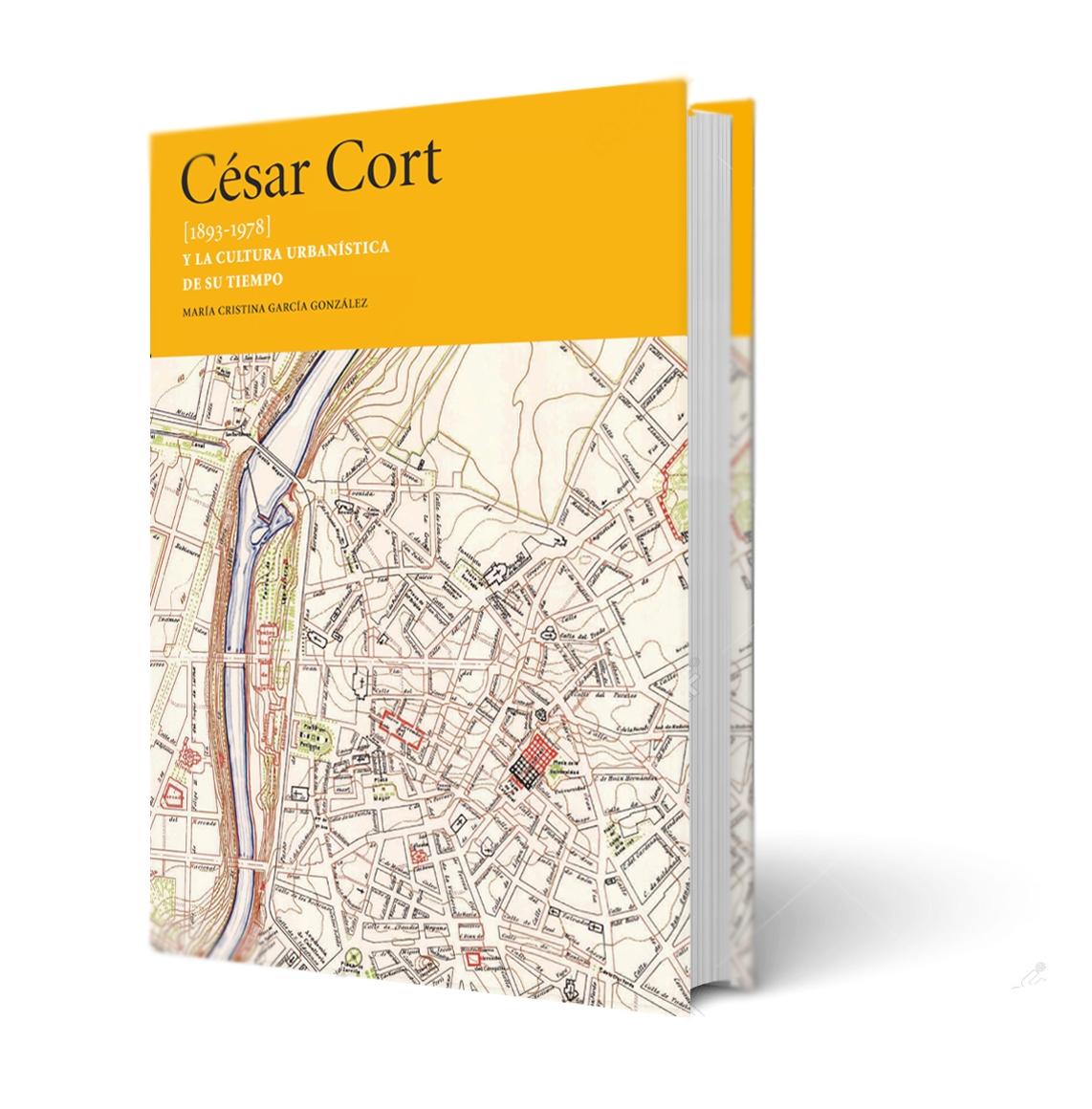MODELING POST- SOCIALIST URBANIZATION. THE CASE OF BUDAPEST

Autor/es
- EAN: 9783035616460
- ISBN: 978-3-0356-1646-0
- Editorial: BIRKHAUSER VERLAG AG
- Año de la edición: 2019
- Encuadernación: Cartoné
- Páginas: 240
- Materias:
urbanismo
ciudades y países
budapest: arquitectura y arte
Sin stock. Envío en 15/30 días
pvp 35,95 €
The author examines the urban development of Budapest from 1990 to 2010. This period is characterized by the significant decline in communally town planning: given the structural legacies of socialist urbanization, the decentralization of government and resources, and the impact of a post-socialist culture struggle, a trend is being analyzed in which nebulous competencies lead to unclear and thus to a failure of higher-level planning. The ensuing consequence is an increase in large, investment-driven projects: it is characteristic of these privately financed projects that they do not submit to higher level control, in particular when these control bodies are rather weak. This model-based analysis presents the phenomenon as exemplary of the development in post-socialist cities.





